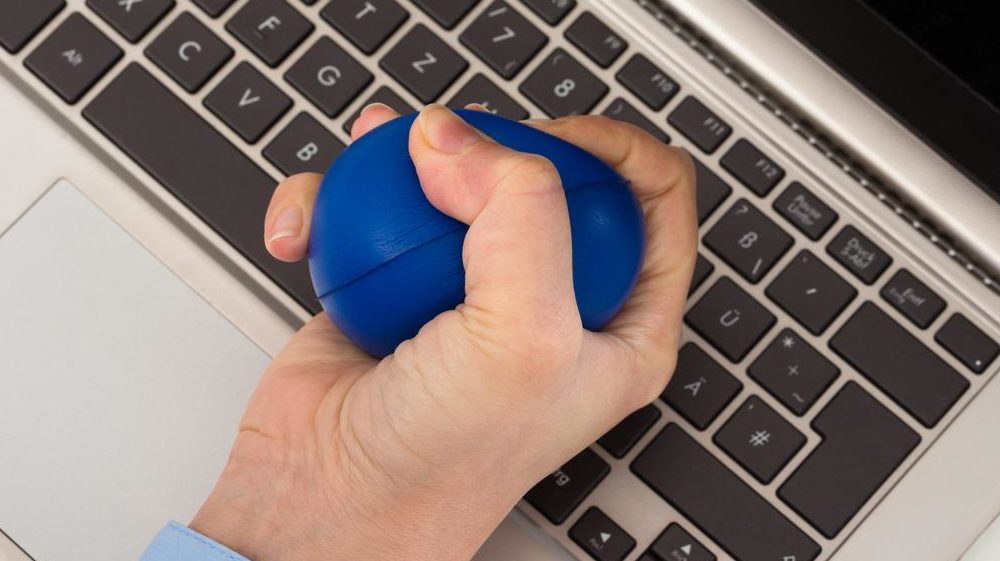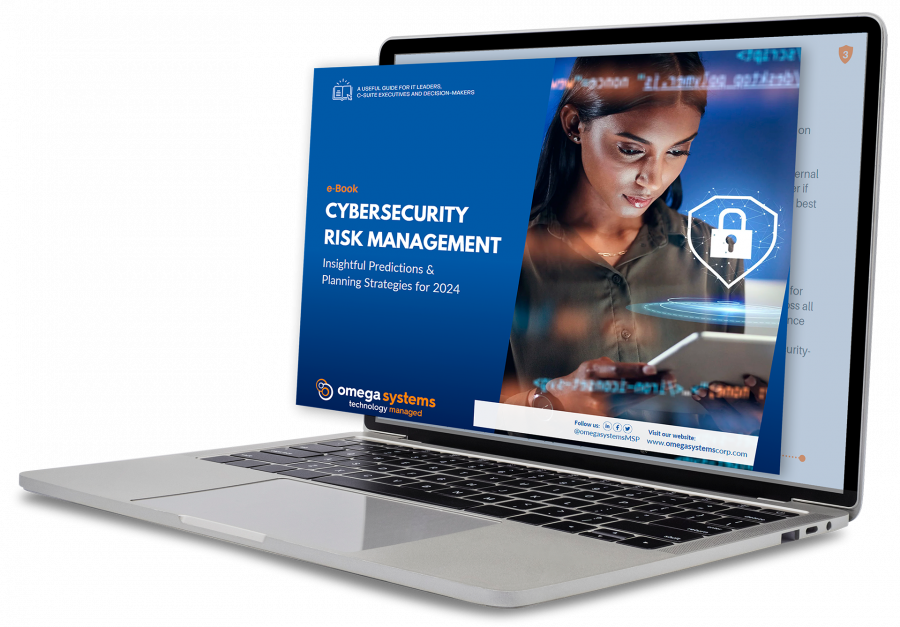
The holidays are coming and our internet activity tends to jump during the months of November and December. Whether you are surfing the internet, posting on Facebook or checking your email, your internet behavior can put you at risk. Hackers can take your daily rituals and turn them against you to obtain personal, confidential information at your expense.
Below are the top 6 online rituals to break to limit your risk, regardless of the time of year:
Social Media is Everything
Button up your personal information that is living on the Internet. The less information out there about you, the better. Posting photos while on vacation is like sending a welcome mat for outsiders to pay a visit to your home. This does not only apply to vacations, it includes a “girls/boys night out,” weekend with family, a cooking class, or anything that states that you are not currently home. If not posting sends you into a state of panic, it is best to do so after the event, when the time has passed.
In addition, sharing details about your life can provide the right recipe of information to allow cyber thieves to piece together your password. Disable location sharing and do not post significant dates on your social media accounts. Information is power. In addition, do not sign up for applications through social media unless it is reputable.
Simplicity is Key – One Password for Several Accounts
Think about your passwords. Is it the name of your pet with different number variations, such as 123? What about “123456” or “password,” the two most commonly used and easily hackable passwords out there. Click here for more information on what makes a good password.
Every password for every site should be different – I mean, completely different - and should include multiple characters and be unique to each account. If you follow these rules, please do not keep a standing list on the note section of your iPhone. If your iPhone is stolen, not only did someone get a new device but also, more importantly, that device has just become his or her “golden ticket” at your expense.
Utilizing a password management application will produce strong, unique passwords for your protection. Your only requirement is to remember the password that gets you access to that application.
Wi-Fi All Around
Just because you can access Wi-Fi just about anywhere, does not mean that you should. Public Wi-Fi provides a window for hackers to look at everything you are accessing, while logged in. If you must use Public Wi-Fi, you should never log into bank accounts, credit card accounts or anything with your personal information or access sensitive company data.
Wi-Fi connectivity should be turned off when not in use and employees should only connect to trusted networks or access a VPN (virtual private network). Also, make sure your device prompts you before it automatically logs into the networks that are not deemed safe.
Not All Emails Are Created Equal
If you open emails or attachments from an unknown sender, you can be opening yourself up to phishing schemes, or some variation of that tactic. Phishing is similar to an online con game where attackers send fraudulent email messages appearing to come from trustworthy sources to gain personal information. These types of scams vary in their complexity and sophistication based on their attacker’s objectives.
In addition, be mindful of clicking on links or attachments. These malicious emails tend to appear to come from a trusted source and draw you in with a catchy subject line. Once you open it, you could be subject to a form of Ransomware, where you will be required to enter your personal information. In today’s world, it is important to work under that guise that all attachments and links are hostile until proven otherwise.
The More Invitations the Better
Be wary of accepting invitations to connect online from strangers. Cyberstalking is a real thing and opening up your personal and professional worlds via social media can give them ample information. Posting a picture from your birthday dinner or dedicating your posts to Sam, your favorite cat, opens up your world. Before you add someone that you do not know to your personal networks, take a moment to look at their profile and consider the stakes. It is so easy to assume that you met this person at a networking event or at a friend’s party in the past, but the reality is you “don’t know them from Adam.”
Lock it up!
If you are in a public location working diligently on your computer, lock your machine, if you step away. Just as you would take your purse or wallet to grab a coffee, this precaution is important. It only takes a few seconds for a hacker to click on one of your autofill accounts and extrapolate as much information as possible.
These simple steps can help safeguard breaches of data in your personal and professional life. Technology has allowed us to simplify our lives on so many levels by allowing us to work remotely so easily and remembering our many logins. It is time to take back control! To learn more about how to safeguard yourself and your business, contact The TNS Group today!
Categories: Managed Service Provider, MSP Blogs




